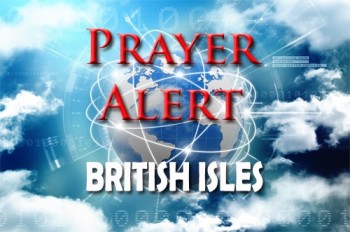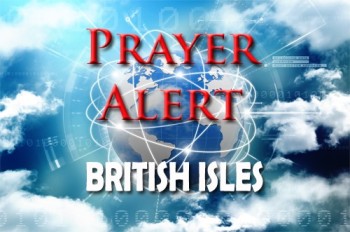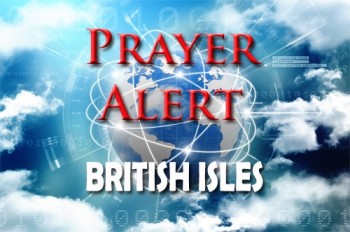Displaying items by tag: power sharing
'No threat to NI power-sharing' after Jeffrey Donaldson's resignation
Northern Ireland's first minister Michelle O’Neill is confident there is no threat to the region’s power-sharing structure following the resignation of Democratic Unionist Party (DUP) leader Sir Jeffrey Donaldson. Donaldson, who has been an MP since 1997, stepped down amid charges over alleged historical sexual offences, which he intends to 'strenuously contest’. This unexpected upheaval follows the power-sharing deal earlier this year, which was crucially dependent on Donaldson’s support. In response to the situation, O’Neill has proactively reached out to other party leaders (including Gavin Robinson, the interim DUP leader) and members of the ministerial executive, to ensure stability. Her priority is to keep the power-sharing government effective, focusing on day-to-day matters of public concern.Donaldson, who has led the DUP since 2021, is scheduled to appear in court on 24 April. Despite his suspension from the party, he reportedly retains his MP position.
Northern Ireland: Sunak to examine proposals for greater defence role
Rishi Sunak has expressed willingness to review a report suggesting Northern Ireland should enhance its role in the UK's national security. He did so during Prime Minister’s Questions, where DUP leader Sir Jeffrey Donaldson praised Sunak for reviving Stormont's political institutions, strengthening the union, and revitalising Northern Ireland's economy and political landscape. He urged Sunak to consider the Policy Exchange report, which recommends increasing Northern Ireland's contribution to national defence. The report highlights Northern Ireland's strategic importance, advocating for expanded naval and air operations against Russian threats and urging collaboration with regional partners for collective security. Sunak commended Sir Jeffrey's leadership and acknowledged the enhanced union due to the return of devolution.
Northern Ireland: DUP deal aimed at restoring power-sharing
A new deal between the UK government and the Democratic Unionist Party (DUP) aims to restore power-sharing in Northern Ireland by reducing checks on goods moving from the UK to Northern Ireland. The deal, which could quickly lead to the return of devolution, is seen as a pivotal step in resolving tensions which arose from post-Brexit trade rules. NI secretary Chris Heaton-Harris praised the agreement, and DUP leader Sir Jeffrey Donaldson claimed it effectively removes the Irish Sea border for goods. The deal, endorsed by the DUP's executive, will be accompanied by legislation to reinforce NI's economic ties with the UK, and is expected to swiftly pass through Parliament. This development, a significant milestone in restoring local governance, addresses long-standing political and trade concerns in the region.
Northern Ireland: strike and Stormont
On 19 December, 15,500 NI nurses began a twelve-hour strike over pay and staff numbers. The NI secretary, Julian Smith, believes the action illustrates why it is important that power-sharing is restored. He is leading political talks which he hopes will lead to a restored ministerial executive early next year. When devolved government was operating, decisions on health sector needs were taken by individual ministers from different parties. But for almost three years, the parties have been absent from Stormont following the collapse of devolution, and it has been left to civil servants, without power to make or overturn decisions, to hold the fort on health. Hours before the strike, party leaders urged Mr Smith to order civil servants to release the money health unions were asking for. It was too little, too late.
‘Brexit must not undermine peace process’
Simon Coveney, Tánaiste (Irish deputy leader), has said that through the Brexit negotiations Ireland wished to see the creation of the closest possible future connection between the EU and the UK. He said, ‘A key strategic objective is to ensure that the outcome of Brexit does not undermine the hard-won gains of the peace process, as exemplified by the Good Friday Agreement. Despite the efforts of both governments in recent months, and especially in recent weeks, it is deeply regrettable that there is at present no power-sharing executive in place. However, we will not give up - we cannot give up. We urgently need to see the restoration of the Northern Ireland executive and assembly, to harness greater and broader input into how to make the best of Brexit.’




